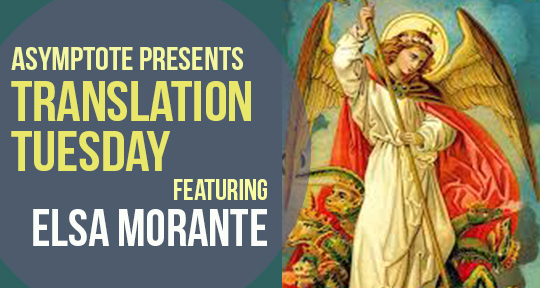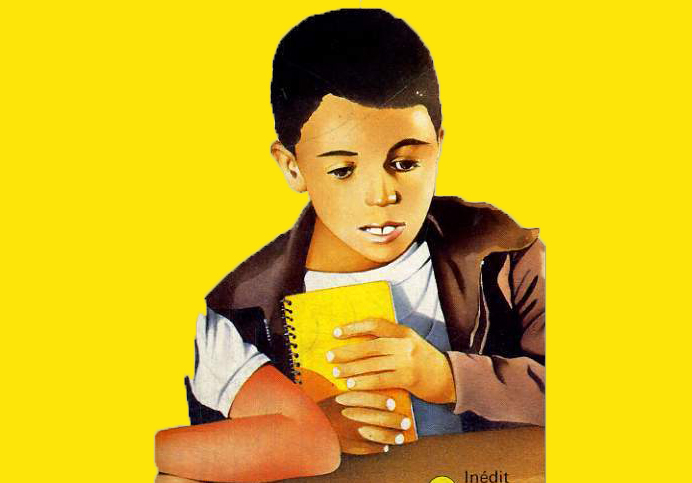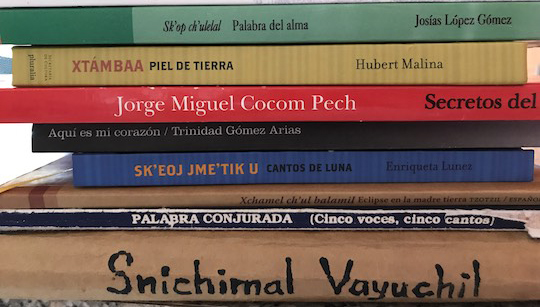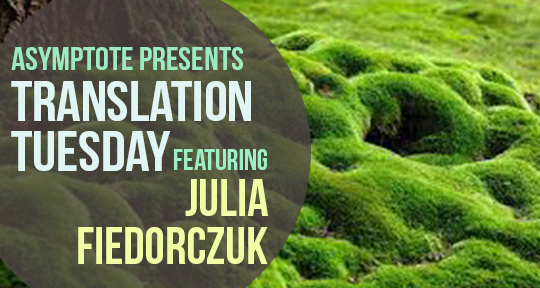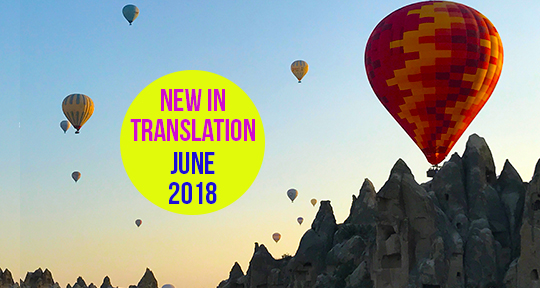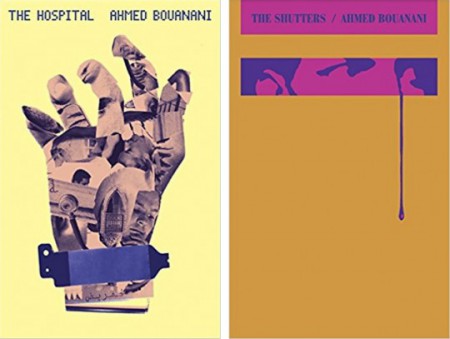This Translation Tuesday, we continue to showcase the theme of childhood, this time through a story from 1940’s Italy about the ways that children form their own narratives about their peers. The quiet intensity of Elsa Morante’s “The Classmate” gives us a compelling glimpse of the disruption of such narratives. Be sure to also check out the Spring 2018 Fiction section, which also explores childhood. Robert Walser, Joanna Bator, and Jacques Fux, for example, all consider the formative nature of childhood memory (or lack thereof) on identity.
I was a boy of thirteen, a student in junior high school: among my many classmates, most of whom were neither particularly beautiful nor ugly, there was one who was extremely handsome.
He was too rebellious and lazy to be the first in the class, but everyone knew that even the slightest of effort on his part would have been enough to make him so. None us demonstrated an intellect like his, so limpid and fortunate. I was the first in the class; I had a poetic disposition and, at the thought of my classmate, I had the idea of calling him Arcangelo.

